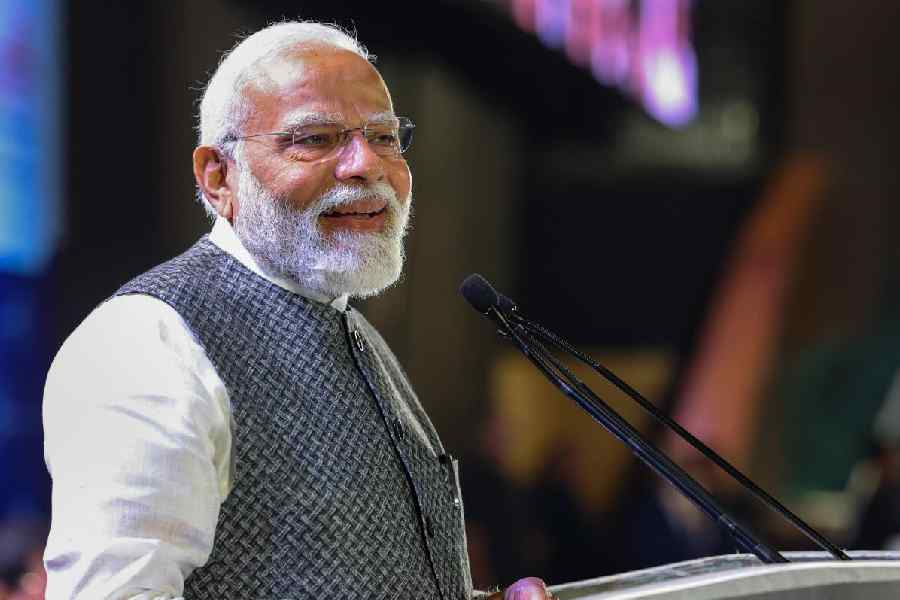The public exhortation to Prime Minister Narendra Modi by the Ukrainian president, Volodymyr Zelensky, last week for India to participate in an upcoming peace summit poses fresh challenges and opens up new opportunities for New Delhi in its approach to Russia’s war on its eastern neighbour. Mr Modi spoke to Mr Zelensky and the Russian president, Vladimir Putin, on the same day in a demonstration of New Delhi’s balancing act between a close, traditional friend, Moscow, and mounting pressure from partners in the West to stand by Kyiv. That tightrope walk could be tested even more in the coming months, ahead of a proposed summit in Switzerland to discuss peace proposals to end the war in Ukraine, now in its third year. India is expected to host the Ukrainian foreign minister, Dmytro Kuleba, in the next few days: he will be the highest-ranking leader from Kyiv to visit New Delhi since Russia’s full-scale invasion in February 2022. Mr Kuleba — like Mr Zelensky in his phone conversation with
Mr Modi — is expected to seek India’s participation in the Switzerland summit while hoping to bolster economic and diplomatic ties during his visit. Intemperate remarks about India by a close adviser to Mr Zelensky last September had strained ties that were already taut over New Delhi’s refusal to fully condemn Russia’s war. Mr Kuleba will be hoping he can convince India to look past those comments at the potential for stronger relations.
But public bonhomie with Ukraine will carry the risk of injecting tension into India’s ties with Russia, one of New Delhi’s foremost military and diplomatic partners for decades. Since the war, it has also been one of India’s leading sources of oil. Mr Modi’s phone conversation with Mr Putin last week, congratulating him on his win in the recent Russian presidential election, was an important reminder not just to Moscow but to the West as well that New Delhi does not intend to sacrifice that relationship. At the same time, the upcoming peace summit and Ukraine’s outreach offer India a chance it has previously spurned to play a more proactive role in ending the war. It must collaborate with other major Global South nations, including Brazil, Indonesia and South Africa, to cohesively formulate a plan that balances the sovereign interests of Ukraine with the reality of Russian occupation of parts of that country. India wants to be a world leader. It has a chance to show that it can be one.









